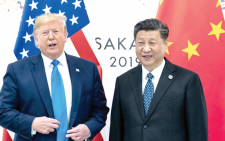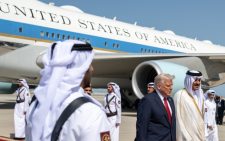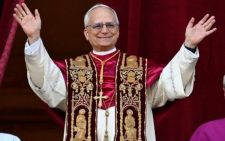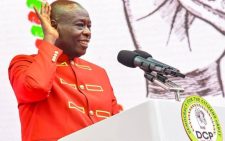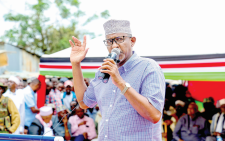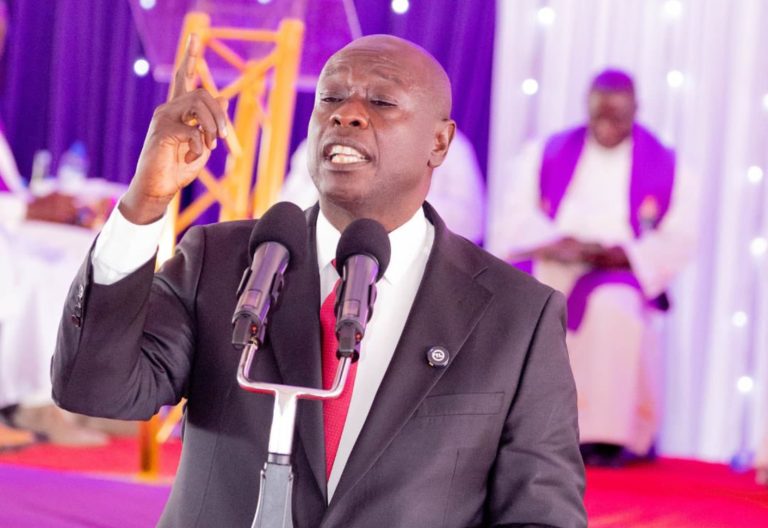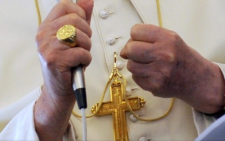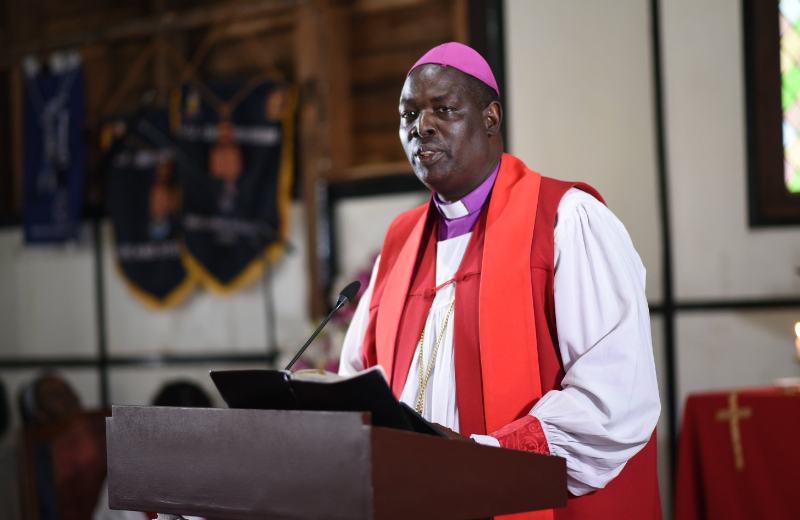Kenya implores US president to reconsider stance on WHO
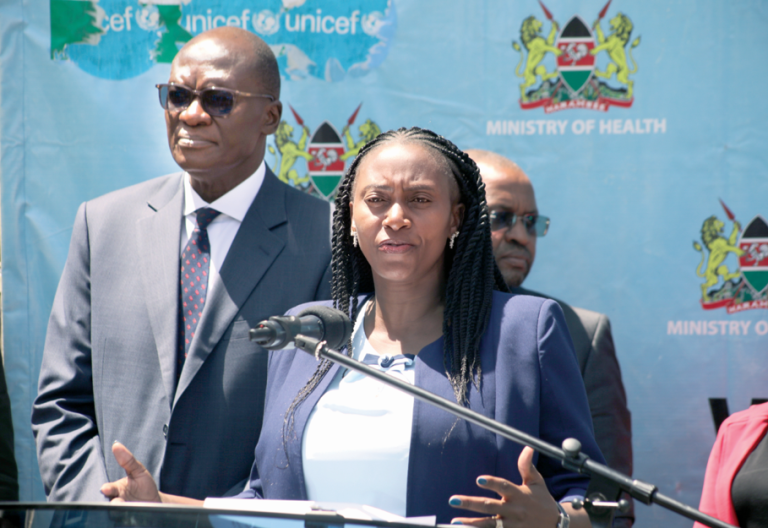
The government has broken its silence over Monday’s announcement by President Donald Trump to withdraw USA’s support to the World Health Organisation (WHO).
In a public reaction to Trump’s insistence during his inauguration that the US will withdraw from the WHO, the Ministry of Health yesterday made a passionate plea to the President to review his position.
Dr Patrick Amoth, the Director General of Health at the Ministry, emphasised the importance of global cooperation in overcoming setbacks associated with emergencies.
“Lessons from the pandemic have shown us that we are safer when we work together as a global community,” he said during the ministry’s weekly media briefing where together with Public
Health and Professional Standards Principal Mary Muthoni, they released an update on the ongoing Social Health Authority (SHA) roll-out.
Currently, the US, the major donor to WHO, contributes nearly 20 per cent of the total budget.
Funding gap
Amoth, who was elected as the chairperson of the Executive Board of the WHO in June 2021, revealed that out of US$6.8 billion UN global health body’s 2024-2025 budget, the US contributed about 18 per cent.
“We are calling for collaborative efforts to fill this gap,” said Dr Amoth at Afya House where he also announced the arrival of 2.3 million doses of the recently reported shortage of the Bacillus Calmette–Guérin (BCG) vaccine.
The DG said that they only saw the pronouncement by President Trump upon his swearing in.
“Our plea is that collectively we are safer together as a whole world,” he stated, explaining why individual countries would have to have a fall-back plan if this latest move by the US succeeds.
“Because WHO is a member states organisation, individual member states are at liberty to be able to take any decision that suits them,” he explained.
However, following the lessons learnt from disease outbreaks such as the Covid-19 pandemic, Ebola virus, and lately Mpox and Marburg, countries will only be safer together as one global community.
He explained that it is that global community that has done a lot in terms of disease prevention, in terms of identifying diseases, building resilient health systems and ensuring the safety of the global health community.
The US has played a significant role in supporting health programmes in Kenya, particularly through the President’s Emergency Plan for Aids Relief (PEPFAR), which has been crucial in providing antiretroviral therapy (ART) to about 1.3 million Kenyans living with HIV.
The withdrawal of US support raises concerns about the future of these programmes, as the Kenyan government may struggle to maintain the current level of care without external funding.
Additionally, the US has contributed to the Global Fund to Fight Aids, Tuberculosis, and Malaria, which supports several health initiatives in Kenya.
Past successes
Reducing funding could result in shortages of essential commodities, such as testing kits and medications, possibly undermining efforts to combat tuberculosis and malaria.
The US exit from the WHO is expected to reduce the organisation’s funding by approximately 18 per cent, which could impact various WHO-led initiatives in Kenya, including disease surveillance, outbreak responses and health system strengthening. The Kenyan government may need to explore alternative funding sources to address the shortfall.
On Monday, US President Donald Trump announced his withdrawal from the WHO, citing the organisation’s mishandling of the Covid pandemic and its failure to adopt necessary reforms.
This withdrawal as seen by many is expected to undo years of progress in global health efforts, including in Kenya, where vital health programmes rely on international collaboration and support.
The US was a founding member of the WHO in 1948 and has been instrumental in shaping its work. Over the years, both the U.S. and WHO have contributed to major health successes, such as the eradication of smallpox and the near-eradication of polio.
